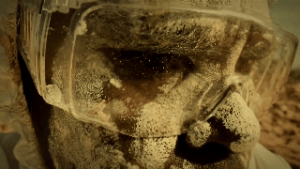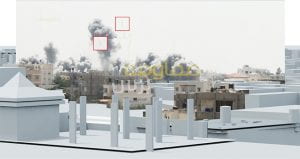VisCult’s Irit Rogoff will be giving the 30th Annual Hilla Rebay Lecture at the Guggenheim in New York on 4th April 2018.
In this lecture, Irit Rogoff explores the “research turn” within art and curating—how research has moved from being a contextual activity that grounds the production and exhibition of art to a mode of inhabiting the art world in its own right. A writer, teacher, curator, and organizer, Rogoff works at the intersection of contemporary art, critical theory, and emergent political manifestations. She is Professor of Visual Cultures at Goldsmiths, University of London, where she heads the Curatorial/Knowledge PhD program and the Global Arts MA program. This lecture is followed by a reception.
Free, RSVP for updates.
The Hilla Rebay Lecture brings distinguished scholars to the Guggenheim Museum to examine significant issues in the theory, criticism, and history of art. This annual program is made possible through the generosity of The Hilla von Rebay Foundation.
For more information and to RSVP, visit the Guggenheim website here.

